Company: Bloom Works
Client: Washington State Department of Children, Youth and Families (DCYF)
Country: USA
This service co-design project set out to create a “kin-first” approach at a government agency tasked with the safety of children in a US state of over 7 million people. Historically, child welfare agencies have placed children in foster homes with parents selected and trained by the state. The kin-first approach takes a different approach by placing children, when necessary, in homes with relatives or non-relative adults with whom they have pre-existing relationships. This ensures they maintain contact with familiar faces and their own community members.
The kin-first approach aimed to counteract historically harmful impacts on historically marginalized communities, where children are more likely to be reported to agencies and separated from their families. The challenge here was substantial because the size of the agency and the scope of shifts needed to have an impact were significant. Also, communities the agency serves needed to overcome well-earned mistrust of government.



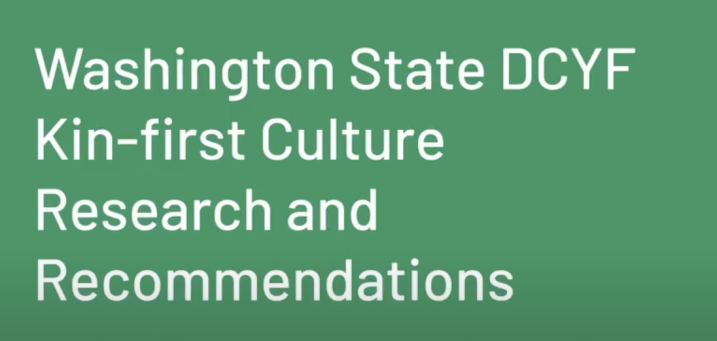
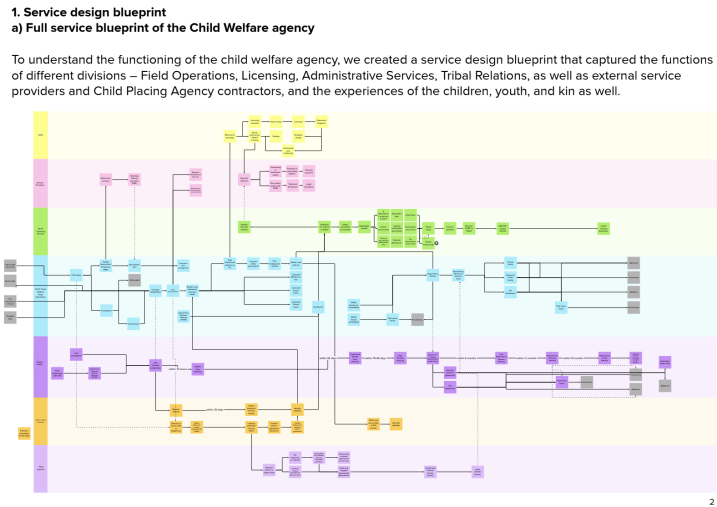
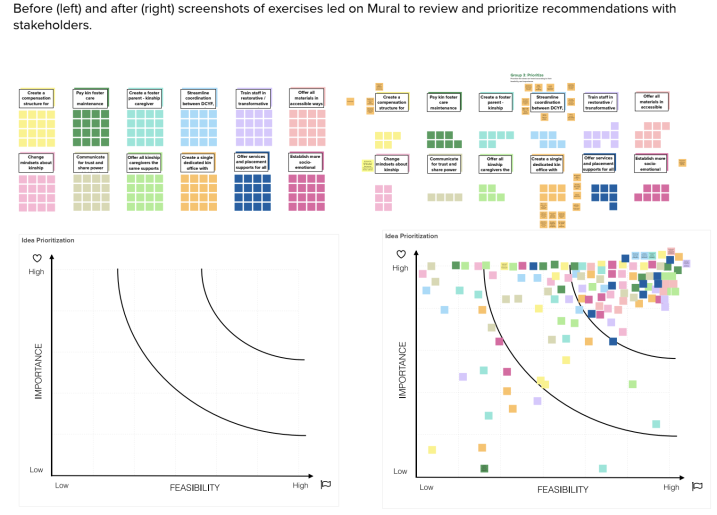
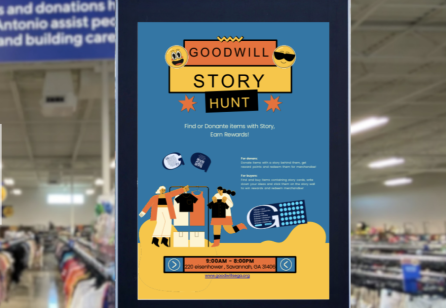
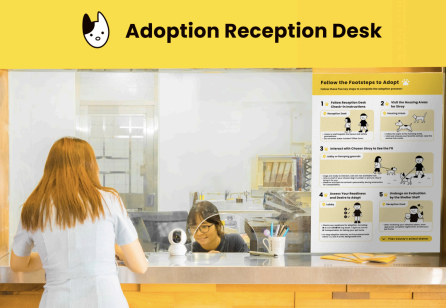
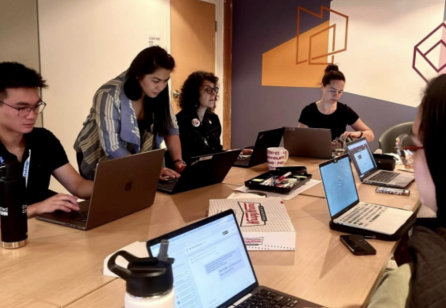
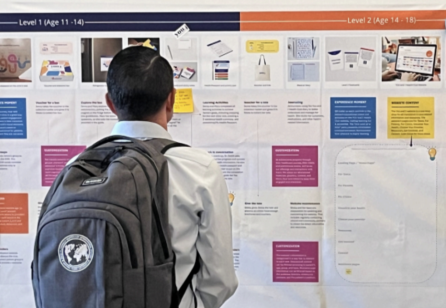

Share your thoughts
0 RepliesPlease login to comment